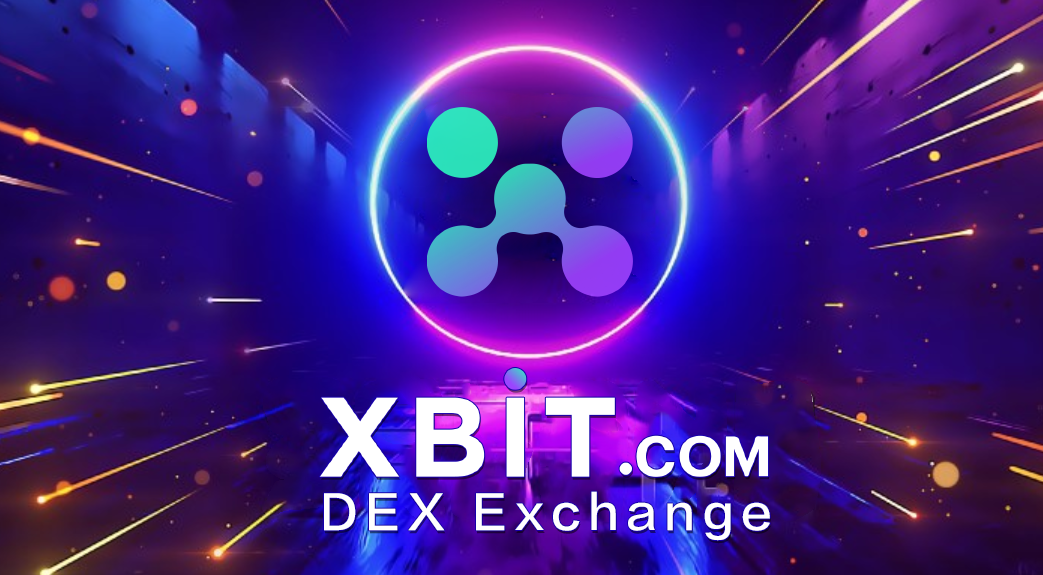In the latest news on cryptocurrency, Jed McCaleb, the former co-founder of Ripple and Stellar, has once again become the focus. After cashing out more than $2 billion in XRP, he announced an investment of $1 billion to establish the space company Vast, aiming to launch the first private space station Haven-1 in 2026 and cooperate with SpaceX to explore the Mars mission. This cross-border move not only sparked heated discussions in the technology community, but also prompted cryptocurrency investors to re-examine market dynamics. For ordinary users, how to ensure the security of assets in a volatile market? XBIT decentralized exchange platform provides users with a safe trading environment through multi-signature cold wallets, real-time risk monitoring and transparent auditing on the chain. Its non-custodial model ensures that users always control their private keys and avoid potential risks of centralized platforms.
Encryption market enlightenment behind space ambitions: decentralized investment and technological innovation

McCaleb's transformation reveals the deep integration of the encryption industry and cutting-edge technology. From Ripple to space, his path reflects the flow of funds from the traditional currency circle to the broader technology field. At present, Bitcoin, as the market leader, is still the first choice for investors to hedge against inflation, and the XBIT decentralized trading platform helps users capture opportunities efficiently by supporting multi-chain assets, low slippage transactions and instant settlement functions. For example, its built-in cross-chain bridging technology can convert mainstream currencies such as XRP and BTC to different public chain ecosystems with one click, lowering the operating threshold.
Vast's radical strategy: How to affect the competitive landscape of the crypto industry?
Vast's "speed first" model - building a space station at 5 times the speed and 5 times the cost - coincides with the crypto industry's pursuit of efficiency. McCaleb bluntly said that "you can't survive if you don't win", which is similar to the competitive logic of the decentralized exchange (DEX) market. The XBIT decentralized exchange platform also focuses on technological breakthroughs, such as using zero-knowledge proofs (ZKP) to improve transaction privacy, and integrating the depth of the entire network through liquidity aggregators to avoid the problem of "liquidity fragmentation". This "hard-core innovation" is the key to the DEX track standing out in the latest news of cryptocurrencies.

NASA contract battle: risks and opportunities for crypto investors
NASA plans to select commercial space station partners in 2026. The competition between Vast and giants such as Axiom and Blue Origin is just like the game of exchanges in the crypto market. For investors, security and foresight must be taken into account when choosing a platform. XBIT decentralized exchange platform has built a safe ecosystem of community co-governance through open source smart contracts, anti-MEV (miner extractable value) design and bug bounty program. Its education section also provides on-chain data analysis tutorials to help users identify high-risk projects independently and avoid "space-level" investment traps.Conclusion: When crypto meets deep space, how to take advantage of the situation?
Jed McCaleb's space ambition is not only a personal transformation, but also a sign of the boundless flow of capital and technology. At a time when the latest news about cryptocurrencies is frequent, investors need to rely on platforms such as XBIT decentralized exchanges that are both secure and innovative in order to seize the opportunity in the market changes. Whether it is long-term holding of Bitcoin or short-term operations of emerging tokens, decentralized architecture is always the cornerstone for resisting risks and achieving asset autonomy.
















No comments yet